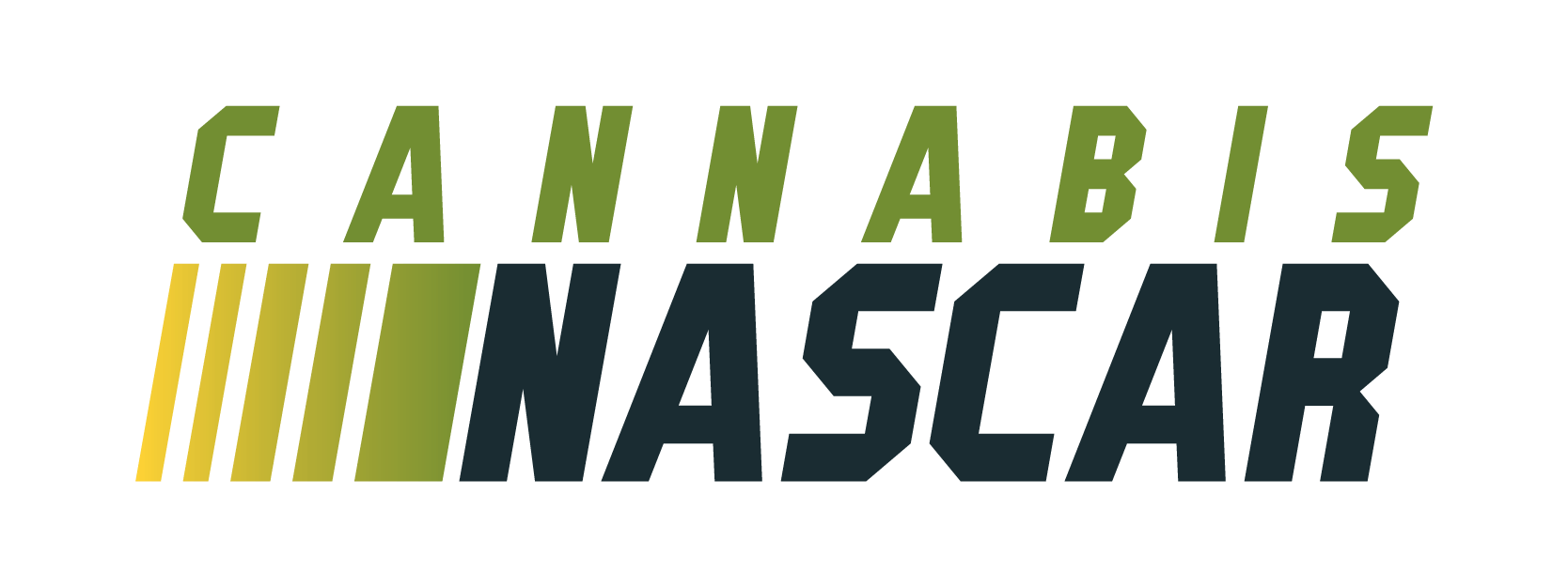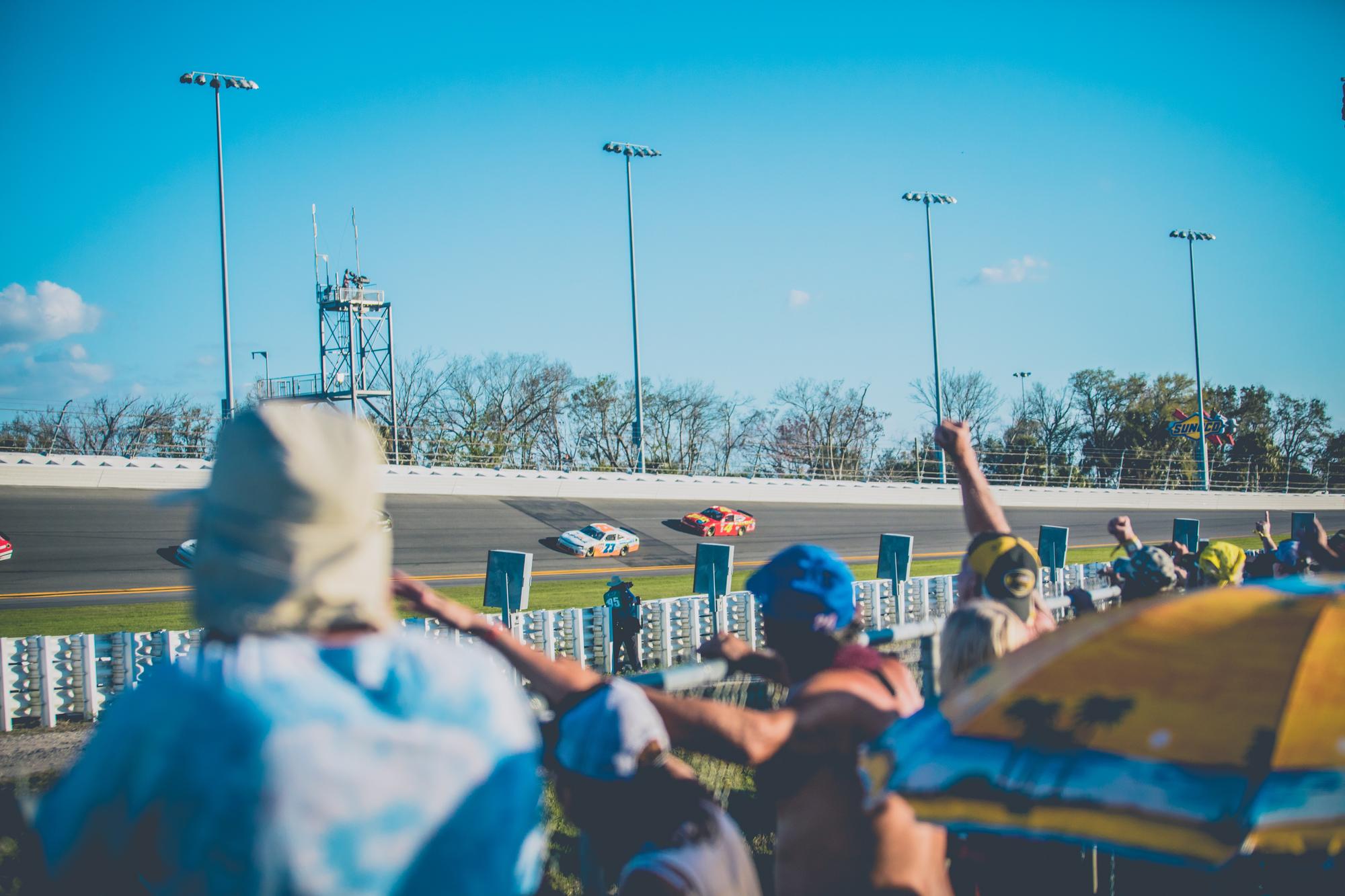NASCAR’s Winston Era and the Birth of Modern Sponsorship
When people think of NASCAR’s golden age, the roar of engines and the haze of tire smoke often come with another memory—the bold red and white of Winston cigarettes. For more than three decades, the Winston brand from R.J. Reynolds Tobacco Company wasn’t just a sponsor; it was the face of stock car racing. The partnership didn’t just fund the sport—it transformed it into a national spectacle.
The Spark That Started It All
In 1971, when tobacco advertising was banned from television, R.J. Reynolds sought new ways to keep its name in the public eye. NASCAR, at the time a Southern-based sport with limited national reach, presented the perfect opportunity. The Winston brand stepped in as the title sponsor of NASCAR’s top series, replacing the Grand National name. The newly christened Winston Cup Series ushered in a new era of professionalism, prize money, and promotion that elevated stock car racing from regional entertainment to mainstream American sport.
Racing Into the Modern Age
The Winston sponsorship didn’t just bring money—it brought structure. R.J. Reynolds injected millions into the sport, increasing the championship purse and encouraging track improvements, fan amenities, and better marketing. The company’s marketing machine helped NASCAR evolve its image, creating one of the most recognizable sports brands of the late 20th century.
It was during this era that legends like Richard Petty, Dale Earnhardt, and Darrell Waltrip became household names. Winston’s red-and-white branding adorned cars, tracks, and trophies, embedding itself in NASCAR’s cultural DNA. The annual Winston Million, introduced in 1985, offered drivers a $1 million bonus for winning three of four major races—a marketing innovation that rivaled the spectacle of golf’s Grand Slam or tennis’s majors.
Smoke Begins to Clear
By the 1990s, public attitudes toward tobacco had shifted dramatically. Lawsuits, public health campaigns, and growing restrictions on cigarette advertising placed increasing pressure on tobacco sponsorships. Even as NASCAR thrived, the partnership began to face scrutiny.
In 2003, after 33 years, R.J. Reynolds officially ended its title sponsorship. The Winston Cup became the Nextel Cup, marking the beginning of NASCAR’s transition from tobacco-fueled marketing to telecommunications, energy drinks, and tech partnerships. The change was more than cosmetic — it symbolized NASCAR’s move toward a new generation of fans, free from the legacy of cigarette smoke.
The Legacy That Lingers
While the Winston name is no longer seen on the track, its influence remains impossible to overlook. The partnership set the standard for sports sponsorship, proving that a title backer could do more than fund — it could define an entire era. The model pioneered by Winston laid the foundation for every major sports marketing deal that followed, from Sprint’s tech-driven campaigns to Monster Energy’s millennial-focused approach.
Today, NASCAR’s history with Winston serves as both a reminder and a lesson — of how marketing can drive cultural growth, and how times inevitably change. The smell of burning rubber still fills the air every race day, but the cloud of cigarette smoke that once hung over victory lane has long since drifted away — leaving behind one of sports marketing’s most iconic partnerships.

